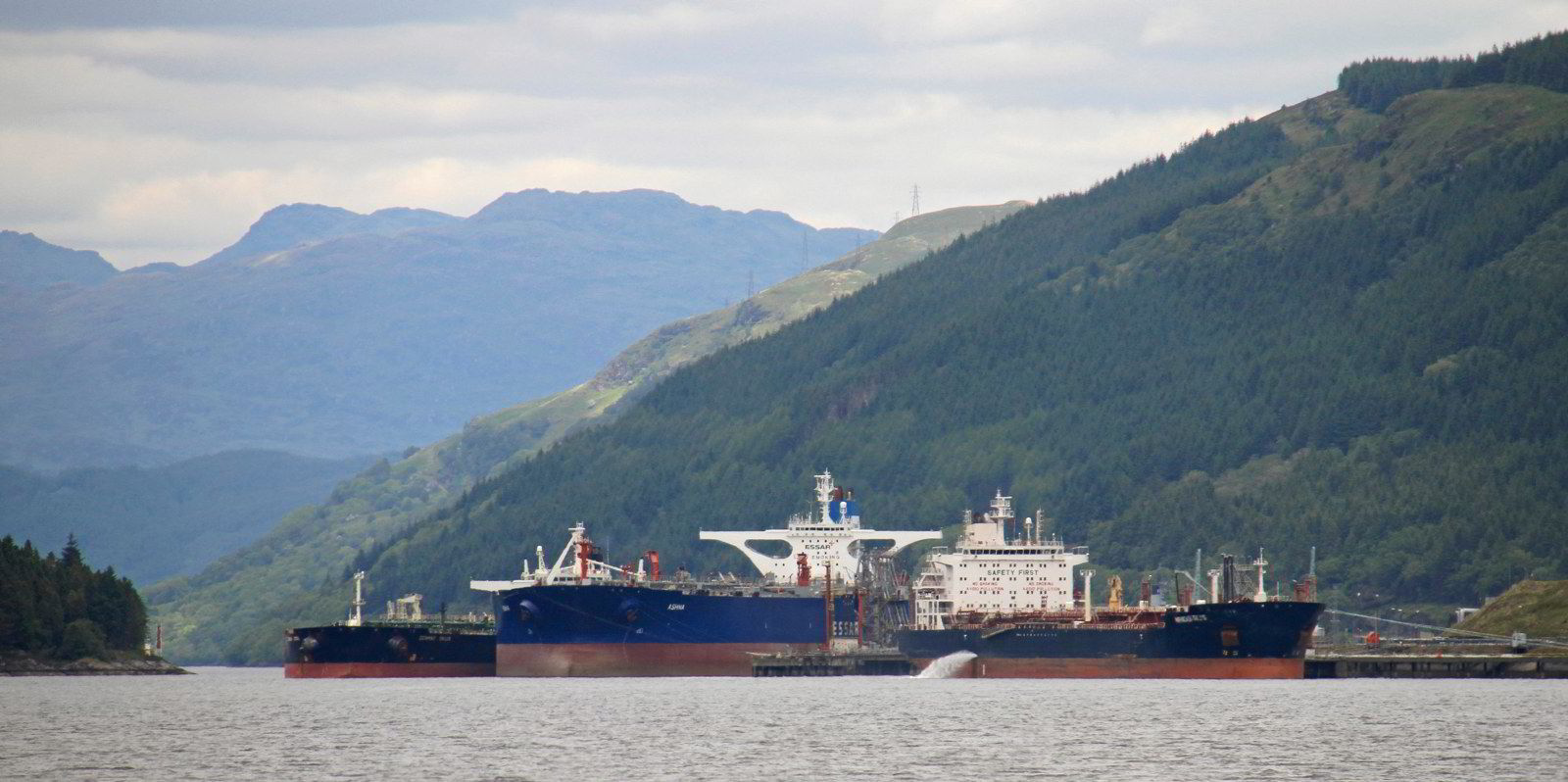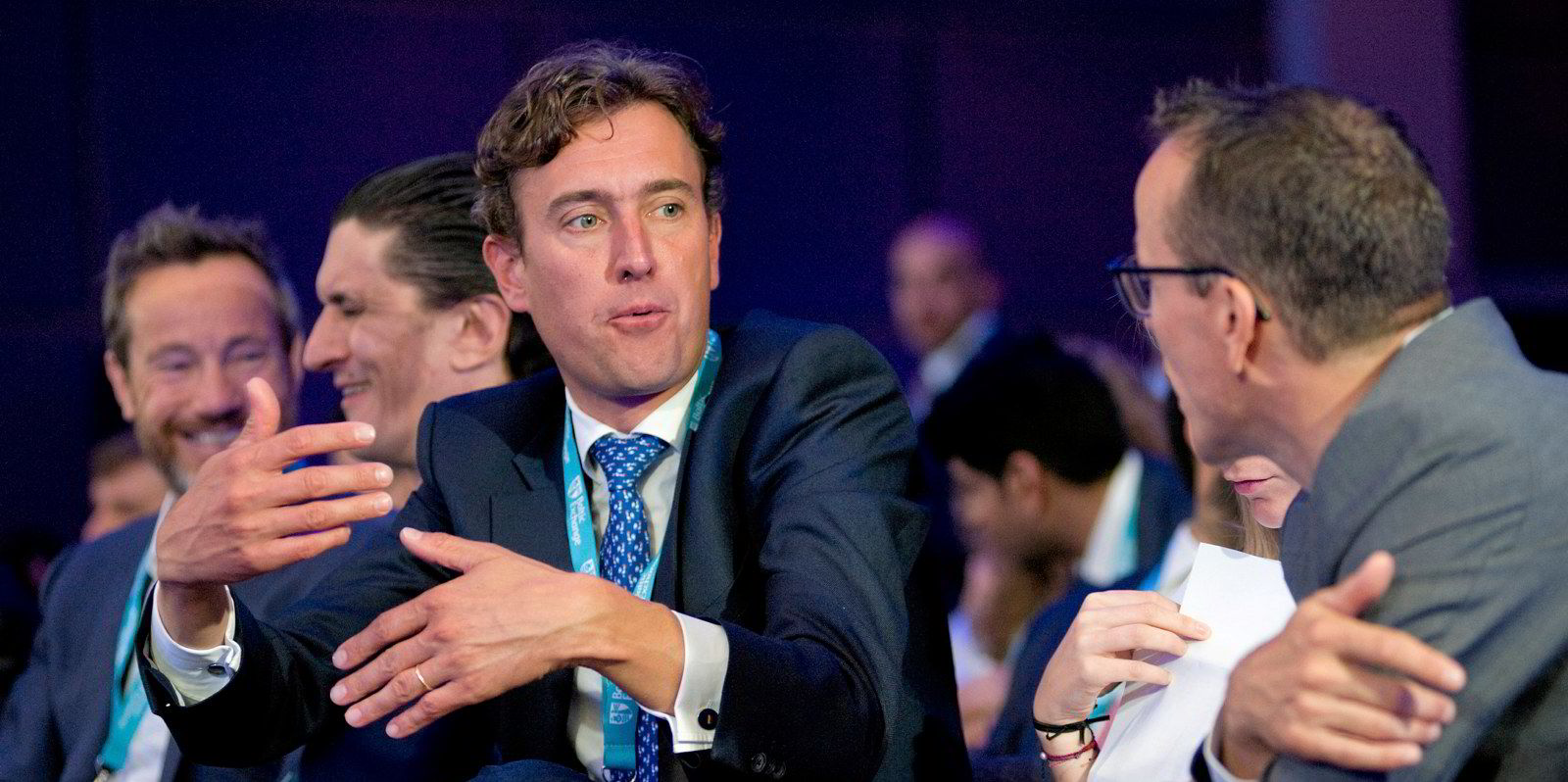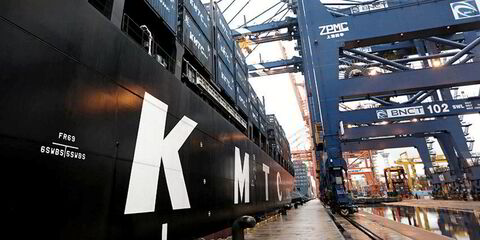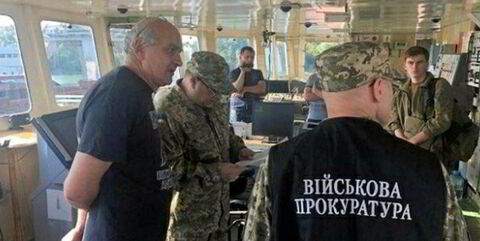Optimising a vessel’s speed is well known as a simple way to cut fuel consumption, and thus emissions.
But for one chief executive of a tanker company, the terms of his charter contracts incentivise him to do the opposite — to “hurry up and wait”.
“I’m going to go like hell to get there and ring the bell,” he told TradeWinds, referring to arriving at a destination port as soon as possible.
As shipping faces increasing pressure to tackle its carbon emissions, industry experts point to a variety of terms in commonly used charter contracts that they believe contribute to fuel waste rather than provide reasons to slow down.
Industry experts say the terms include:
- Speed and fuel consumption warranties that push shipowners to provide easy-to-achieve guarantees and offer no incentive to save fuel.
- Demurrage clauses that encourage ships to arrive at port even when no berth is available to them.
- Information sharing by manual “noon reports” that predate an age when sophisticated operational data can be transmitted from ship to shore, meaning decision-makers have limited information.
- Limited speed options that prevent the use of dynamic speeds.
- An obligation to proceed with “utmost dispatch”.
“A substantial portion of the inefficiency in voyage operations comes from the chartering contracts themselves,” said Matt Heider, chief executive of Nautilus Labs, a New York technology company that helps shipping companies optimise operations to cut fuel use and emissions.
As shipping gears up to comply with upcoming International Maritime Organization and European Union rules that enter into force next year, contractual changes are expected particularly to meet the requirements of the Carbon Intensity Indicator (CII) and the EU Emissions Trading System.
Those rules will require shipowners and charterers to collaborate more. Shipowners’ organisation Bimco has developed some charter clauses to account for these regulatory changes.
Grant Hunter, the group’s head of contracts, said: “A lot of what these additional clauses do is kind of sticking a plaster over or papering over the cracks in some way.
“At some point, as an industry, do we need to sit down and think, ‘these existing business models — the time charterparty and the voyage charterparty— are they still relevant to today’s business where we’ll be going to be much more focused on the environment?’”





